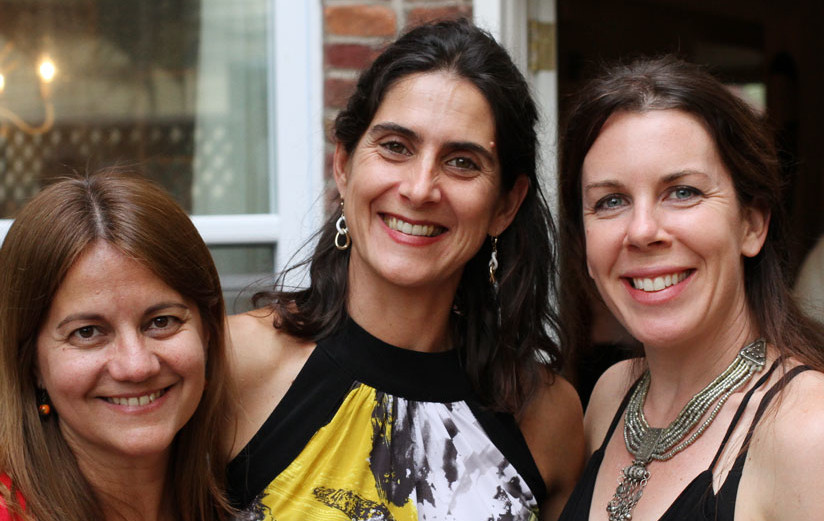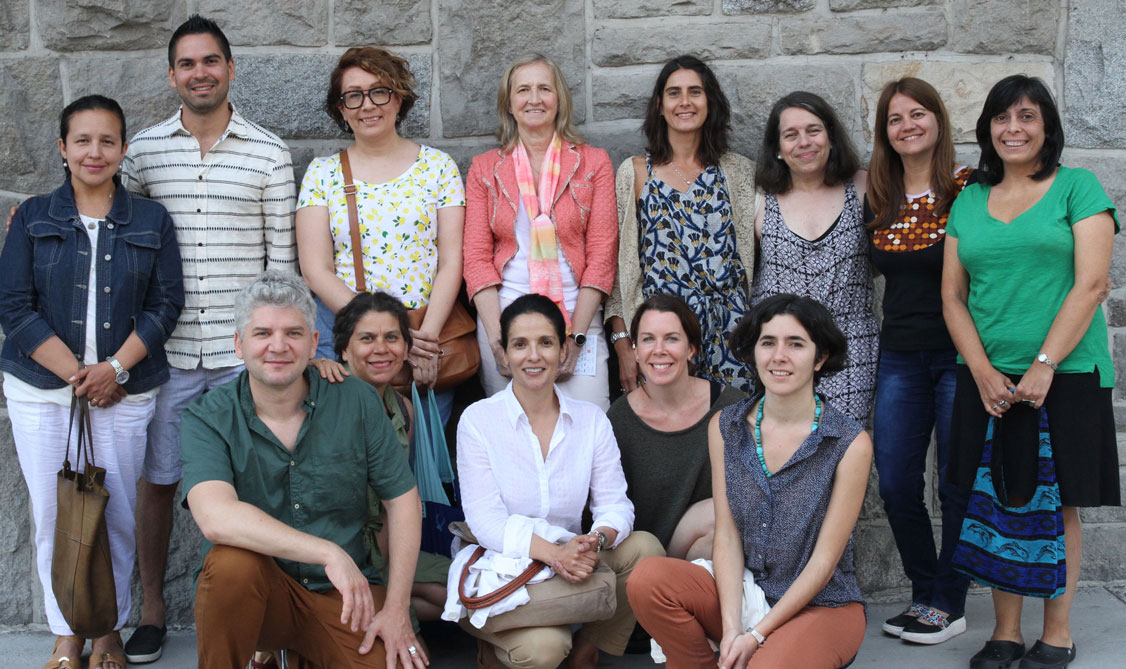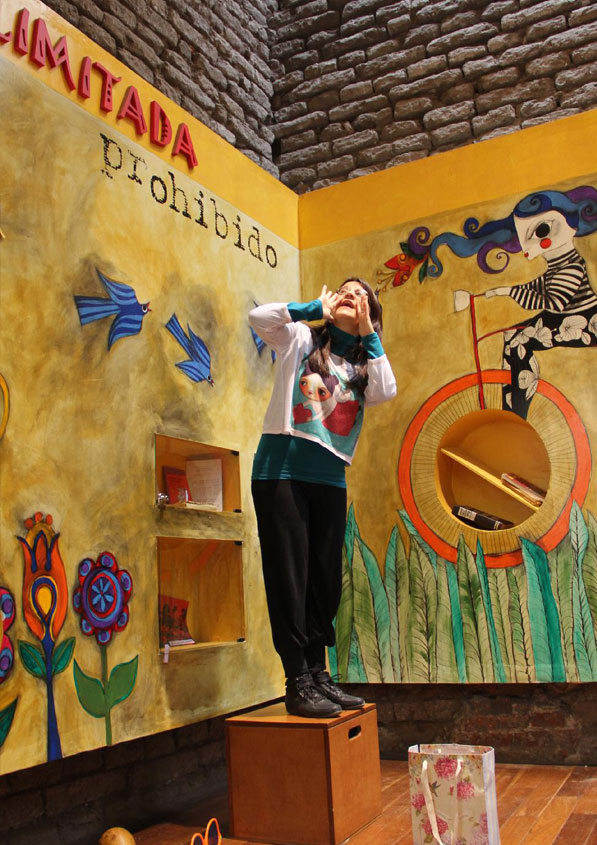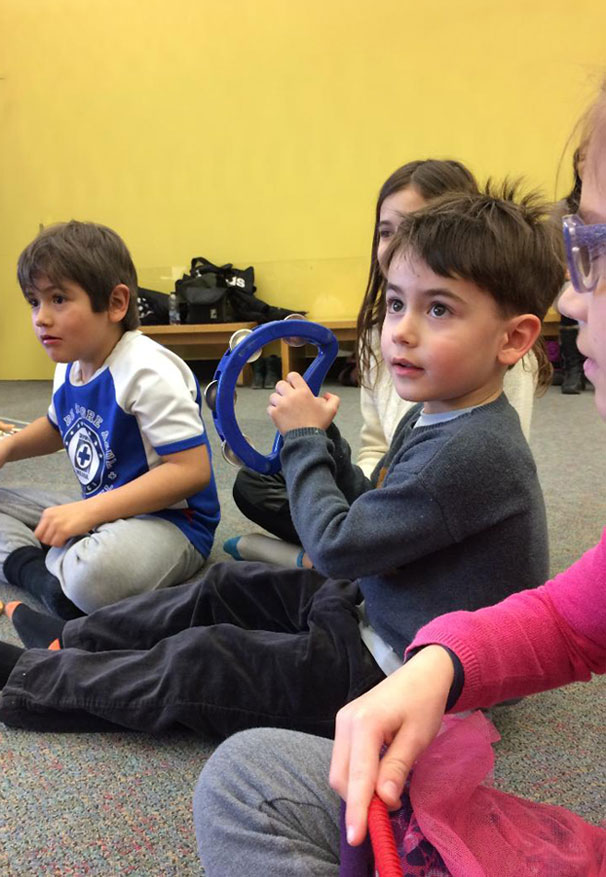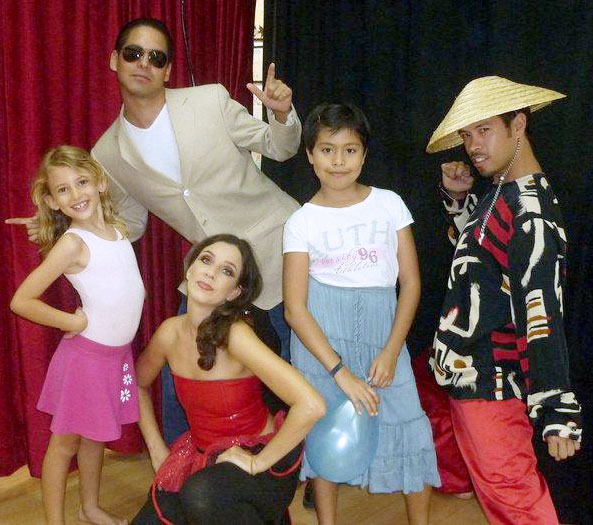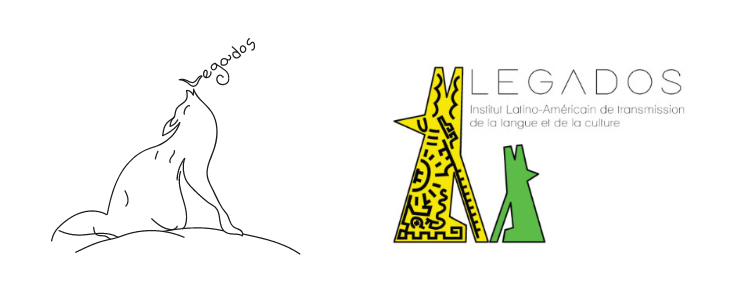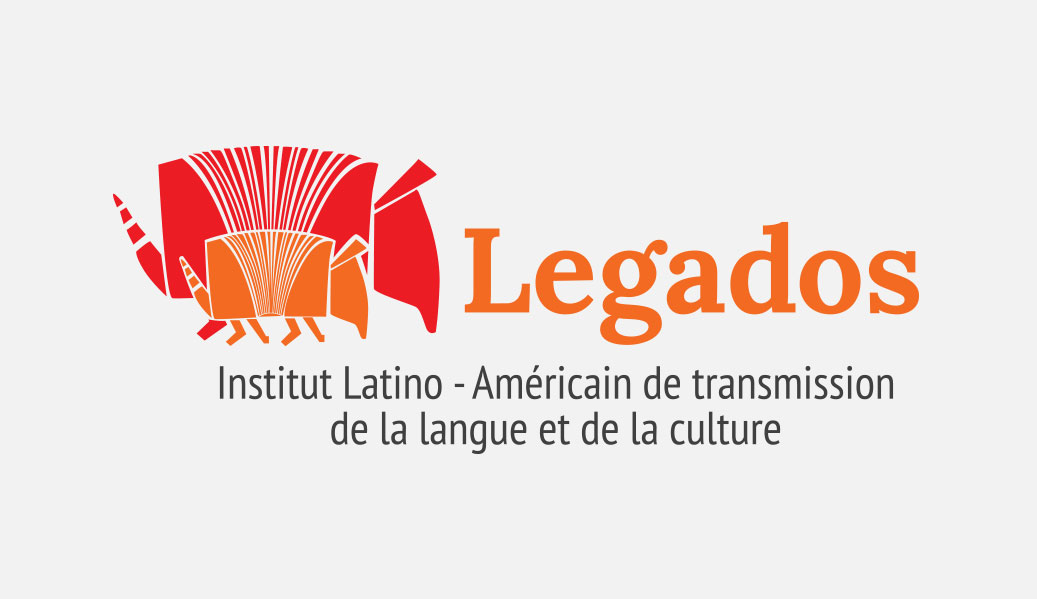Our history
We are inspired by our experience as immigrants and the role that languages play in our new lives, to be able to dream and create Legados.
One day, as immigrants, we make a stop and take a break at the intense -sometimes devouring- moments of our immigration process. That day, we feel a strong desire of embracing our history, remember our memories and tell them aloud, so that our language can come out of the drawers and burst into our conversations.
That spark lighted up the desire to settle in Tiohiá:ke-Montreal the first foundational stones of Legados, our educational and cultural institute, where we think that Spanish is a wonderful excuse for everyone to be able to deploy their own potentialities.
In 2015, all these thoughts became a real project, almost as a proclamation for keeping the language alive ! Welcome to Legados, our mission is to keep our legacy.
Mariana Marin Founder-Director of Legados
Mission
Legados is a non-profit educational and cultural institute with the mission of promoting Hispanism and affirming Latin-Canadian identities through a Spanish program deeply rooted in Latin American culture, literature and arts, all this having place in an intercultural and interlinguistic gathering location.
Philosophy
Literature – In praise of reading
This is a space to encourage reading books, but also the reading of the world where we live. We aim at stimulating students to be protagonists in their lives. The work modality includes orality: riddles, songs, mythical stories belonging to the family, neighborhood or city where we live. It starts from the recreational and fantastic aspect, going through the encouragement, consulting memories and oral sources and, at the same time, emphasizing the reading of classic as well as Latin American literature.
Why read Latin American literature? Because, as María Teresa Andruetto says, "books are not alone, they represent a tradition that precedes them, they are a mark of a culture and a language".
Spanish in Use
This course is designed to deepen the following competences: oral communication, reading, writing, vocabulary, grammar in different contexts and Latin-Canadian socio-cultural contents. We work with authentic material and productions according to our students' interests and needs, in order to strengthen the link with the language and cultures of origin, and therefore facilitate the blend between the present English and French speaker and the Hispanic memory and identity.
Artistic disciplines
Theater, visual arts, singing and music: these four artistic disciplines are addressed throughout the school year and integrate the Spanish lessons. The artistic dimension lies at the heart of our project in order to contribute to the development of our students' intellectual and emotional potential, as well as to promote affective bonds with the language. We are convinced that immersion in artistic activities mobilizes the individual in the search for himself and his own knowledge, making him more empathetic within his environment. Legados' students acquire solid artistic skills and stimulate their creativity and imagination.
Our Logo
We were looking for an animal as a symbol that could inspire the imagination of adults and children. Emmanuelle, my 10-year-old daughter, captured the figure of a wolf in a drawing, and said: "This wolf is announcing that Legados exists, and when a wolf howls the herd hears it". This confirmed that the animal could communicate well and also mediate between both worlds, the real and the imaginary.
However, the wolf does not live in Latin America, and we wanted to find a representative animal that had the entire American continent as its habitat. So, coming up from Argentina, crossing the salt lake in Bolivia, singing in Colombia, a little walking and a little bit on foot, the furry, armadillo, also known as quirquincho, among other denominations, arrived in Montreal.
